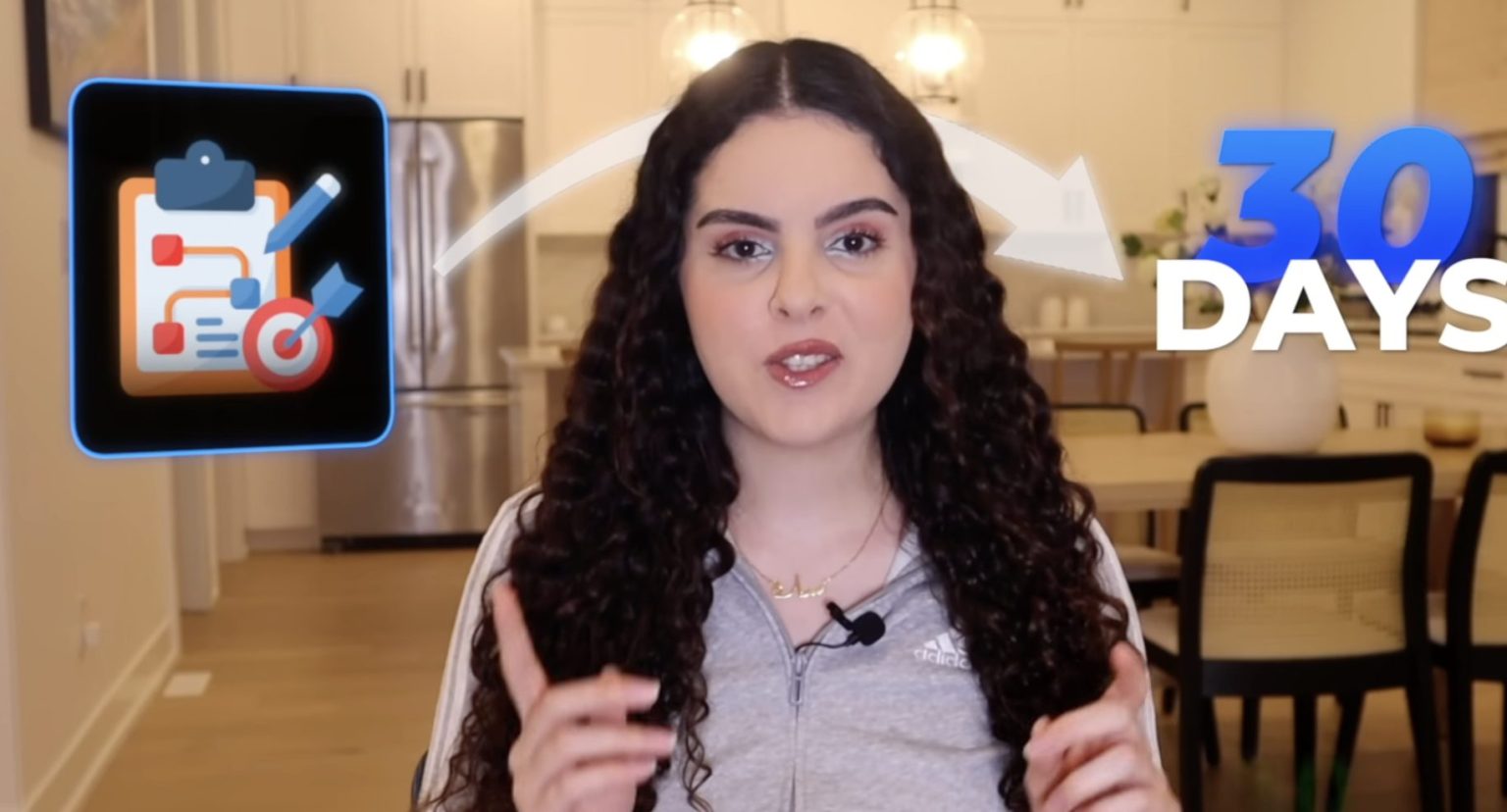Breaking Down the $500/Day Math
SaraFinance starts with an enticing calculation: to make $500 daily, you only need to sell one product at $500 or two at $250. This math checks out, but selling high-ticket items without an established audience is the real challenge most beginners face.
What I appreciate about her approach is the focus on solving genuine problems rather than just selling information. This distinction is crucial – people pay premium prices for solutions, not just knowledge.
The Five-Step System: What Actually Works
After reviewing her complete strategy, here’s my breakdown of what’s practical versus what might be oversimplified:
1. Setting Up Your Digital Storefront
SaraFinance recommends using Stan Store as your digital product platform. Having tested several platforms myself, I agree that having a dedicated storefront is essential. The drag-and-drop functionality makes it accessible for beginners, though any similar platform like Gumroad or even Shopify would work.
My take: This step is straightforward and practical. Having your store ready before creating your product creates accountability and momentum.
2. Choosing a High-Ticket Product
The focus on creating courses that solve specific problems is spot-on. Her advice to “be a few steps ahead” rather than needing to be an expert removes a common mental barrier for beginners.
The validation process she suggests includes:
- Researching competitors to confirm people pay for similar solutions
- Using ChatGPT to test and refine your offer
- Focusing on one clear problem your product solves
This validation step is perhaps the most valuable part of her entire system. Too many creators skip this and wonder why their products don’t sell.
3. Creating Your Course Content
SaraFinance suggests using AI tools to outline and script your course, which can certainly speed up the process. However, I found her approach slightly oversimplified.
Reality check: While ChatGPT can help structure your course, your personal experience and insights are what make your product valuable. The best courses blend AI efficiency with authentic expertise.
Her recommendation to use tools like Gamma for slide creation and Loom for recording is practical advice that can save beginners hours of frustration.
4. Setting Up Email Marketing
This section impressed me most. Many beginners completely overlook email marketing, yet it’s often the highest-converting channel for digital products.
The process she outlines is straightforward:
- Create a valuable free resource (lead magnet)
- Set up automated email collection
- Create a welcome sequence that builds trust
- Send regular value-packed emails with soft promotions
This approach works. My own experience confirms that consistent, value-first email marketing converts significantly better than social media alone.
5. Content Creation Strategy
SaraFinance recommends short-form video content on platforms like Instagram and TikTok, which aligns with current marketing trends. Her suggestion to study successful creators in your niche and adapt their winning formats is practical advice I’ve used myself.
However, I particularly value her mention of Pinterest and YouTube as underutilized platforms. These platforms often have less competition and more longevity than trending short-form content.
The Reality of Digital Product Success
While SaraFinance’s system contains solid fundamentals, my experience suggests the timeline might be optimistic for most beginners. Building trust takes time, especially when selling high-ticket items.
What I found missing was a discussion of the testing and iteration required. Your first product and marketing attempts likely won’t hit $500/day immediately. Success usually comes after refining your offer, messaging, and marketing based on real customer feedback.
That said, her core message is valuable: digital products that solve real problems can create significant income with relatively low overhead. The system works if you approach it with patience and persistence.
For beginners looking to create their first digital product, this framework provides a solid starting point. Just remember that building a sustainable business typically takes longer than 30 days – but the foundation SaraFinance outlines could certainly get you moving in the right direction.
Frequently Asked Questions
Q: Is it really possible to sell high-ticket digital products ($200-500) without an existing audience?
While it’s challenging, it is possible if you target a specific problem and market strategically. The key is creating something that solves a genuine pain point and then reaching your target audience through platforms where they’re already looking for solutions. However, most beginners should expect a ramp-up period rather than immediate $500 days.
Q: Do I need technical skills to create and sell digital products?
No, today’s tools have made this process much more accessible. Platforms like Stan Store, Gumroad, or even Shopify have user-friendly interfaces. For content creation, basic tools like Loom for recording and AI-assisted platforms for outlining can help anyone get started without specialized technical knowledge.
Q: Which marketing channel should I focus on first as a beginner?
Email marketing should be your priority, even before social media. Building an email list through a valuable free resource allows you to communicate directly with interested prospects. For content creation, choose one platform where your target audience spends time rather than trying to be everywhere. Many beginners overlook Pinterest and YouTube, which often have better long-term returns than short-form content platforms.







